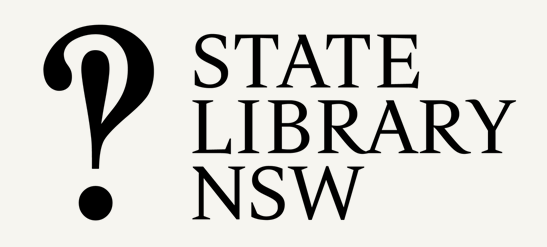Published April 2019; revised May 2023
Members of National and State Libraries Australasia (NSLA) have a mandatory responsibility to build, preserve and provide access to Australia and New Zealand’s documentary cultural heritage. In undertaking these activities, NSLA supports and respects the rights of copyright creators (including their personal and moral rights) and copyright owners, as well as the rights of those who seek to access and use the large number of copyright works held in our collections.
Australian and New Zealand copyright law provides a legal framework that aims to balance the rights of creators with those of users. The law protects the rights of creators, while also permitting levels of access (through exceptions or limitation on rights) to copyright works to encourage the evolution and growth of knowledge and ideas.
NSLA libraries work to inform and educate staff and users about the importance of copyright in self-copying, and understand their rights, obligations and liabilities. NSLA balances the protection of rights with a commitment to enhance access to, and use of, collections through the exceptions that Australian and New Zealand copyright law provides.
With the ubiquitous use of mobile phones, cameras, and other devices to capture images of collection items, we will educate and inform staff and users about how the convenience of a capture medium does not remove the obligation upon the user to abide by the requirements of copyright law or observe any restrictions on the copying of these items.
NSLA libraries will provide guidance to users so that they understand their obligations and responsibilities when they undertake the copying of in-copyright collection items under exceptions in the Copyright Act, such as the fair dealing exception which permits copying for research or study.
NSLA libraries will also provide guidance to users about their responsibilities regarding requests to publish material, which requires separate and additional permissions.
NSLA libraries will manage donor-imposed restrictions on collection materials where they exist. These restrictions may, for example, be due to conditions of acquisition, privacy protection, or Indigenous Intellectual and Cultural Property.
Library staff understand the importance of facilitating their users’ understanding of their rights, obligations, and responsibilities, but the decision to self-copy an item for purposes such as personal use, research and study or for re-publication, will remain the responsibility of the user.
Position statement: Self-copying of copyrighted collection materials









